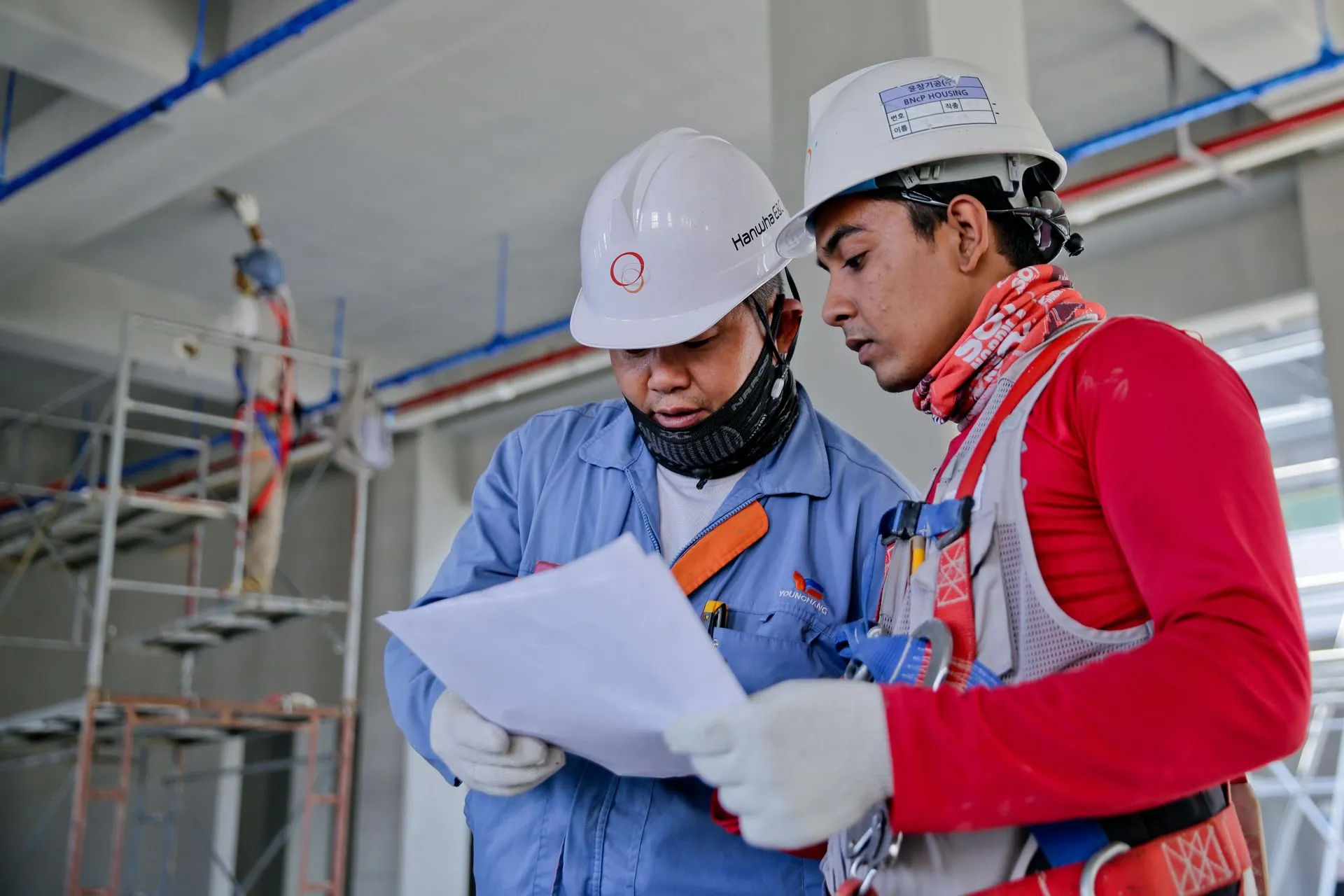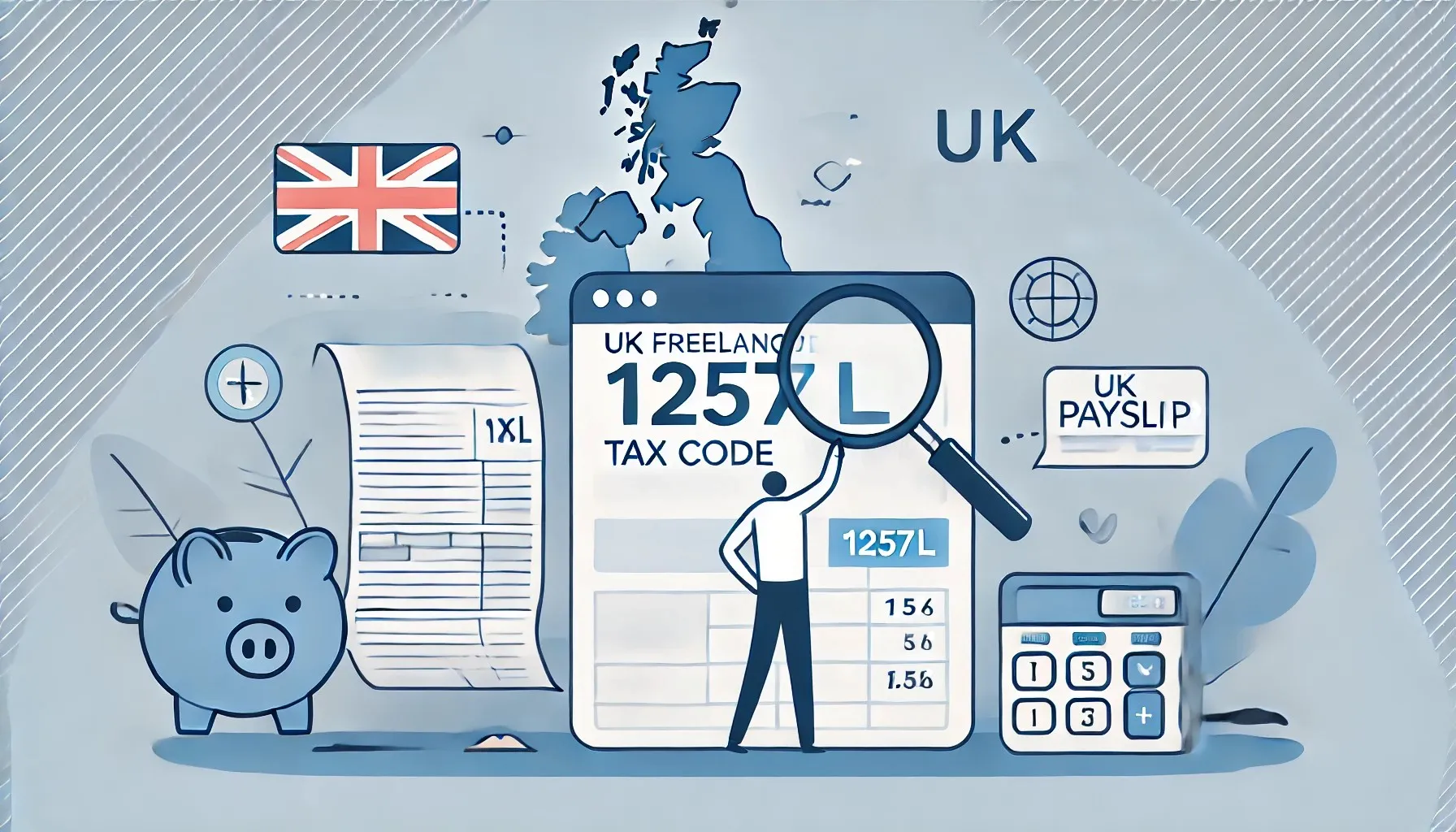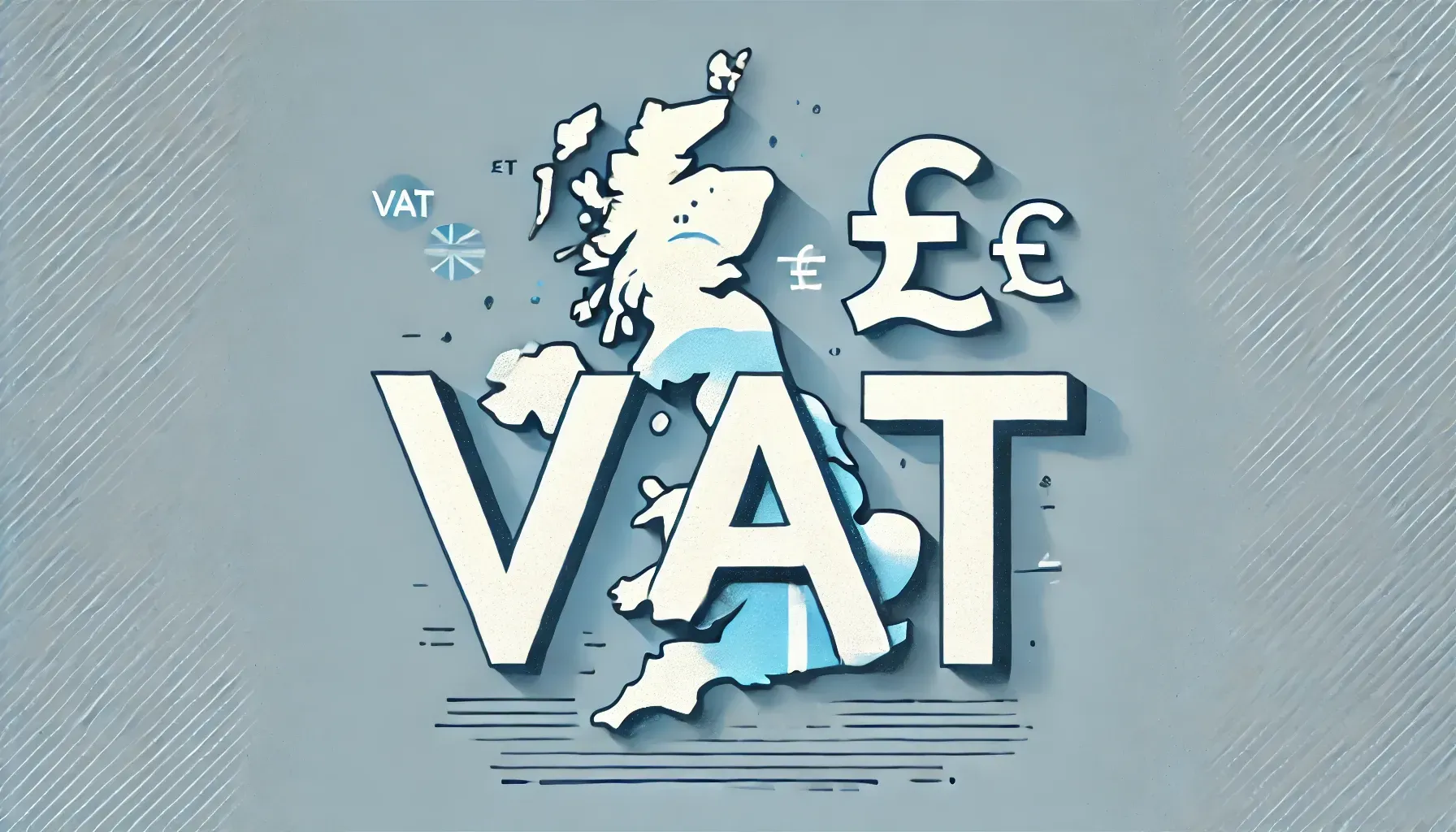SBX Accountants | Construction Tax Guide 2025/26
- 15 June 2025

Construction Tax Guide 2025/26: Expert Help from SBX Accountants
Helping Construction Businesses Stay Compliant and Cash-Flow Ready
Running a construction business means juggling multiple responsibilities, and staying on top of tax is one of the biggest. From VAT and CIS to PAYE and Corporation Tax, our Construction Tax Guide 2025/26 explains the key rules and deadlines while showing how SBX can help you stay compliant and keep cash flow healthy.
That’s why SBX Accountants has put together this practical, up-to-date guide for the 2025/26 tax year. It’s built specifically for sole traders, contractors, and growing construction firms who want to stay compliant, avoid penalties, and manage cash flow effectively.

Key Taxes You May Need to Pay
Construction businesses face various tax obligations, depending on structure and size:
- Corporation Tax (for limited companies)
- Income Tax & NICs (for sole traders and partnerships)
- CIS deductions (if you’re a contractor or subcontractor)
- VAT (with specific rules in construction)
- PAYE & Employer NICs (if employing staff)
- Capital Gains Tax (on property/asset sales)
- Stamp Duty Land Tax (when buying property or land)
At SBX Accountants, we help ensure you stay compliant and penalty-free.
Key Tax Deadlines for 2025/26
Missing deadlines can be costly. Here are the key dates:
- Self Assessment Return – 31 January 2026
- Payments on Account – 31 July 2025 and 31 January 2026
- CIS Returns – 19th of each month (22nd if paying electronically)
- Corporation Tax – 9 months + 1 day after year-end
- VAT Returns – 1 month + 7 days after quarter ends
- PAYE Payments – Due by 22nd of the next month if paying online
Corporation Tax for Limited Companies
If you operate through a limited company:
- 19% on profits up to £50,000
- 25% on profits over £250,000
- Marginal Relief applies in between
Income Tax and NIC for Sole Traders
Income Tax Rates 2025/26
- 0% up to £12,570
- 20% from £12,571 to £50,270
- 40% from £50,271 to £125,140
- 45% over £125,141
National Insurance Contributions
- Class 2: Voluntary below the threshold
- Class 4: 6% between £12,570–£50,270, then 2% above that
The Construction Industry Scheme (CIS)
If You’re a Contractor or Subcontractor
Register with HMRC
Deduct:
- 20% (registered)
- 30% (unregistered)
- 0% (Gross Payment Status)
Submit monthly CIS returns by the 19th
Give subcontractors deduction statements
VAT in Construction
VAT rules can be complex:
Standard Rates
- 20% – Most repairs and maintenance
- 5% – Energy-saving improvements, qualifying conversions
- 0% – New residential builds
Domestic Reverse Charge VAT
If both you and your subcontractor are VAT-registered:
- Subcontractor does not charge VAT
- You (contractor) account for both input and output VAT
- Applies to most B2B construction services
Need clarity? SBX can guide you.
Tax Reliefs & Capital Allowances
Construction businesses may be eligible for:
- Annual Investment Allowance (AIA) – up to £1 million
- First-Year Allowances – for electric/zero-emission vehicles
- Full Expensing – on new plant & machinery
- Writing Down Allowances – for long-life assets
Capital Gains Tax (CGT)
Selling land or property? Here’s what to know:
- 18% CGT – Basic rate taxpayers
- 24% CGT – Higher rate taxpayers (from April 2024)
- £3,000 annual exemption
- Limited companies pay via Corporation Tax
Business Asset Disposal Relief (BADR) – 14% CGT rate (rising to 18% in April 2026) if eligible.
Common Construction Tax Pitfalls
- Late filings (CIS, VAT, PAYE)
- Misclassifying workers
- Poor digital records
- Overclaiming VAT or expenses
We help set up systems to keep you compliant and audit-ready.
Why Choose SBX Accountants
We specialise in construction tax, offering:
- Tailored advice for builders and trades
- Complete CIS, VAT, PAYE & Corporation Tax support
- MTD-compliant software & cloud bookkeeping
- Ongoing payroll and HMRC submission help
Construction Tax FAQs
Do I need to register for VAT?
Yes, if your turnover exceeds £90,000 in 12 months. Voluntary registration may still be useful.
How does CIS work?
Contractors deduct 20% or 30%. With Gross Payment Status, subcontractors receive full pay and settle tax themselves.
Can I claim tools and PPE?
Yes, these are usually allowable expenses or capital allowances depending on cost and use.
Can you help with MTD?
Absolutely — we help set up software and file on time.
Is the Super Deduction still available?
No – it ended in March 2023. AIA and Full Expensing are still active.
Ready to Get on Top of Your Construction Tax?
Whether it’s CIS returns, VAT, payroll, or long-term tax planning, SBX Accountants can help.
📞 Call us today to speak to a construction tax expert who understands your industry and goals.





